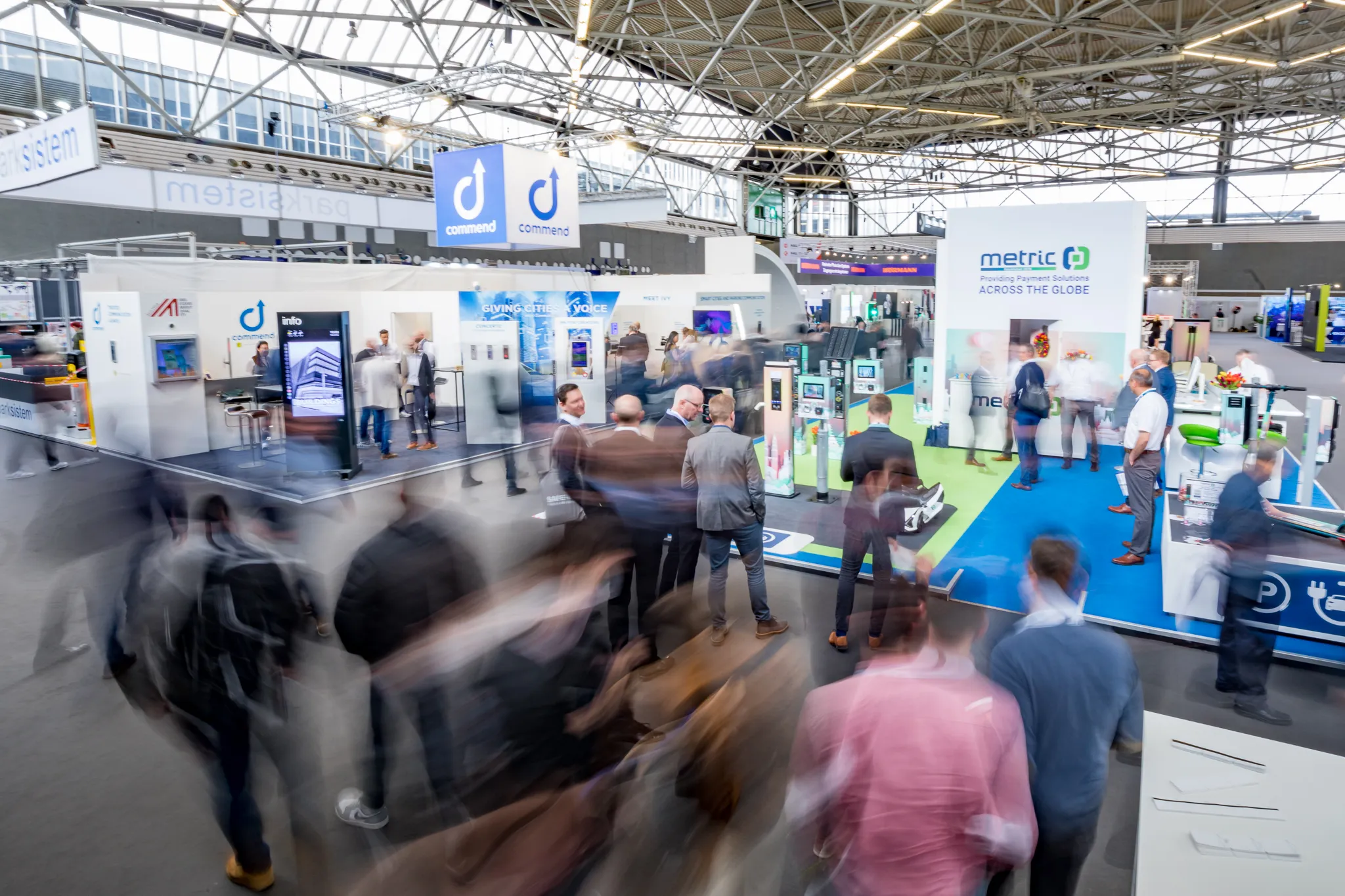eMobility ICT Interoperability Innovation, (eMI3) has released its first standard specification, setting its vision for interoperability in the electric vehicle (EV) market by enabling interoperability across EV products and services.
Focused on presenting the EV market place with a first set of industry agreed standardised use cases and business objects, the coalition of EV more than 20 product and service providers behind eMI3 claim that interoperability matters to this sector as it means the speed at
November 19, 2015
Read time: 2 mins
eMobility ICT Interoperability Innovation, (eMI3) has released its first standard specification, setting its vision for interoperability in the electric vehicle (EV) market by enabling interoperability across EV products and services.
Focused on presenting the EV market place with a first set of industry agreed standardised use cases and business objects, the coalition of EV more than 20 product and service providers behind eMI3 claim that interoperability matters to this sector as it means the speed at which new products and services which enrich an EV driver’s experience can be accelerated. In practical terms, interoperability means EV users should be able to use any charging point, in any country and benefit from any service from any supplier with ease and simplicity because cross-device communication is enabled.
eMI3 claims the goal of delivering interoperability, which central is central its members’ mission and vision, is strategically important to the growth prospects of EVs globally and their contribution to fighting climate change.
To promote this and highlight the challenges facing the delivery of interoperability, eMI3 has also launched its proposal for unlocking interoperability in the European EV market. In this paper eMI3 describe challenges facing eMobility in three main areas: Setting up a fair business case for all actors respecting investments and running costs; Defining clear interoperability rules and pieces of evidence; Ensuring pan-European coherent and equivalent service levels.
eMI3 believes that these challenges can be overcome by providing an open reference market framework, typical players, roles, use cases and interfaces that is continuously updated with support from European Commission.
Focused on presenting the EV market place with a first set of industry agreed standardised use cases and business objects, the coalition of EV more than 20 product and service providers behind eMI3 claim that interoperability matters to this sector as it means the speed at which new products and services which enrich an EV driver’s experience can be accelerated. In practical terms, interoperability means EV users should be able to use any charging point, in any country and benefit from any service from any supplier with ease and simplicity because cross-device communication is enabled.
eMI3 claims the goal of delivering interoperability, which central is central its members’ mission and vision, is strategically important to the growth prospects of EVs globally and their contribution to fighting climate change.
To promote this and highlight the challenges facing the delivery of interoperability, eMI3 has also launched its proposal for unlocking interoperability in the European EV market. In this paper eMI3 describe challenges facing eMobility in three main areas: Setting up a fair business case for all actors respecting investments and running costs; Defining clear interoperability rules and pieces of evidence; Ensuring pan-European coherent and equivalent service levels.
eMI3 believes that these challenges can be overcome by providing an open reference market framework, typical players, roles, use cases and interfaces that is continuously updated with support from European Commission.










